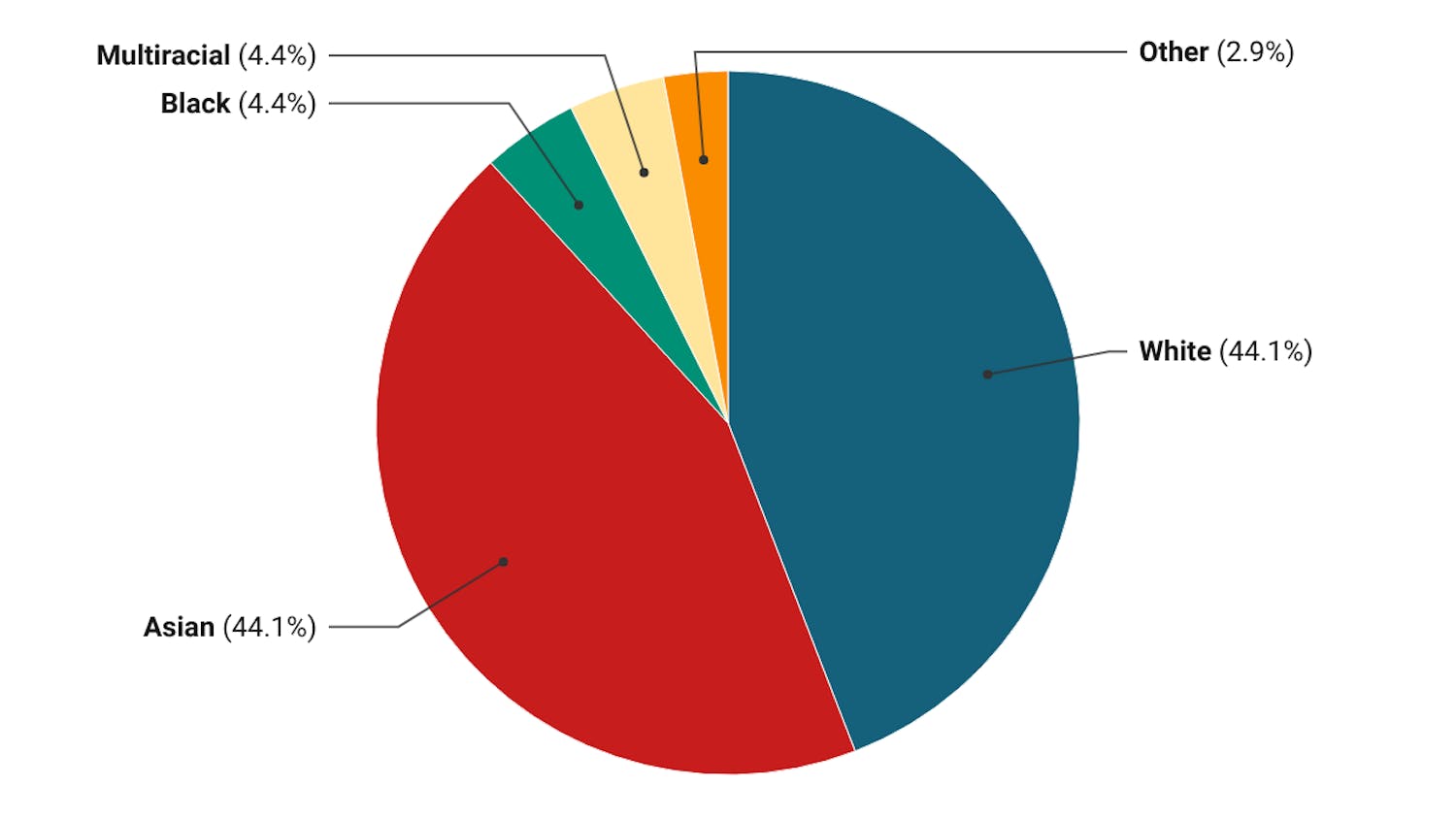
In Chief Justice of the United States John Roberts’ June 29 majority opinion addressing affirmative action cases against Harvard College (Mass.) and the University of North Carolina, a new standard is set for American higher education: a “race-neutral” precedent that could doom the future of equitable race-based admissions practices at institutions across the country, including Emory University.
Places of higher education must not yield to this decision; instead, they should face this challenge head-on and pledge to continue curating a diverse campus, racially and otherwise, while recognizing the inequities in our society.
This decision is not out of place among the court’s recent decisions, which suggest a damning socio-political future for many Americans. In the last year, the court has slashed abortion rights, student debt relief and wetland protection. Numerous LGBTQ+ rights, including gay marriage, may face increasing vulnerability as well.
As we watch the court effectively set itself ablaze, the system’s antiquity and obvious repercussions for Americans are clear. Out of touch with the U.S. population and with a conservative majority, our system devoted to justice is failing to lift its own weight. Six pairs of hands are attempting to drag the U.S. backward, ignoring their own blindness and foolishly opting for race-blindness.
Emory, in line with many of its peer institutions, has taken a strong stance in favor of preserving diversity within its campus and admissions process despite this recent ruling.
“I will continue to champion this cause while fighting to improve access to an Emory education,” wrote University President Gregory L. Fenves in his university-wide response to the ruling, stating that the University would be re-evaluating its admissions process to determine how to continue uplifting talented students in the wake of the court’s decision.
As evidenced by Fenves’ statement, diversity at Emory — and at its peer institutions — will continue to be a priority. While racial diversity will likely decrease at highly competitive institutions like Harvard University (Mass.) and Stanford University (Calif.) as a result of the decision, it will be a few years before colleges and our society truly understand the implications of the court’s decision on race-conscious admissions.
It’s likely that Emory and other elite universities will simply be more nebulous in their decision making and shift their priorities to admitting a socioeconomically diverse class — a factor the American Psychological Association said is “intimately intertwined” with race. While the judicial body of the U.S. is heading in a frightening and archaic direction, diverse college campuses will not be a thing of the past.
Quite frankly, affirmative action was never enough to ensure historically underrepresented students have an equal shot at a competitive education. It only opened up access for very few individuals to very few selective universities. Most students of color do not attend elite universities, and most college-aged individuals do not go to elite universities, according to 2021 data from the U.S. Department of Education.
The court has struck a blow to students of color who dream of attending elite universities, which will likely trickle down and affect their access to all universities. But affirmative action was never perfect, and the court’s decision to implement “color-blindness” and forbid universities’ uplifting of historically marginalized communities has the power to open up a dialogue.
It is more vital now, in a post-affirmative action world, than ever for universities to be transparent about their admissions processes. Any student, regardless of circumstances or identity, should feel comfortable applying. To ensure this, applicants must understand what truly goes behind the scenes in the admissions office. Perhaps affirmative action would not have been such a controversial topic had universities been more transparent.
Now that students of color must mourn a somewhatlevel playing field in the admissions process, it is necessary for Emory and other elite universities to remove systems that unfairly advantage white, wealthy students. Legacy admissions — an admissions factor that advantages family members of a certain instituion’s graduates — should be abolished nationwide. An applicant’s parents having gone to a school has no bearing on how successful that student would be at that school, and if the historical marginalization of Black and Latino students will play no role in their admission, it’s simply unfair for legacy admissions to be favoring white students.
Undeniably, the end of affirmative action ignores the country’s history of inequity, and it plans for a future that continues to uphold it. However, in the face of six blind justices wielding that power, thousands of universities continue to emphasize equity and affirm their dedication to diversity.
Missteps aside, looking up and ahead of this decision will be key. Not only for our universities but also for our communities, corporations and other public organizations. While praise has been earned for Emory and its leadership, its students, community members and employees must also press for future consistency with its pledge for diversity in the face of an uncertain future for admissions.
Ellie Fivas (24Ox) is from Cleveland, Tennessee. Sophia Peyser (25C) is from New York City.

Sophia Peyser (she/her) (25C) is from New York City, majoring in creative writing and environmental science. Outside of the Wheel, Peyser has worked as a content writer and freelance journalist. You can find her reading Sally Rooney novels or working shifts at a Brooklyn bakery.








